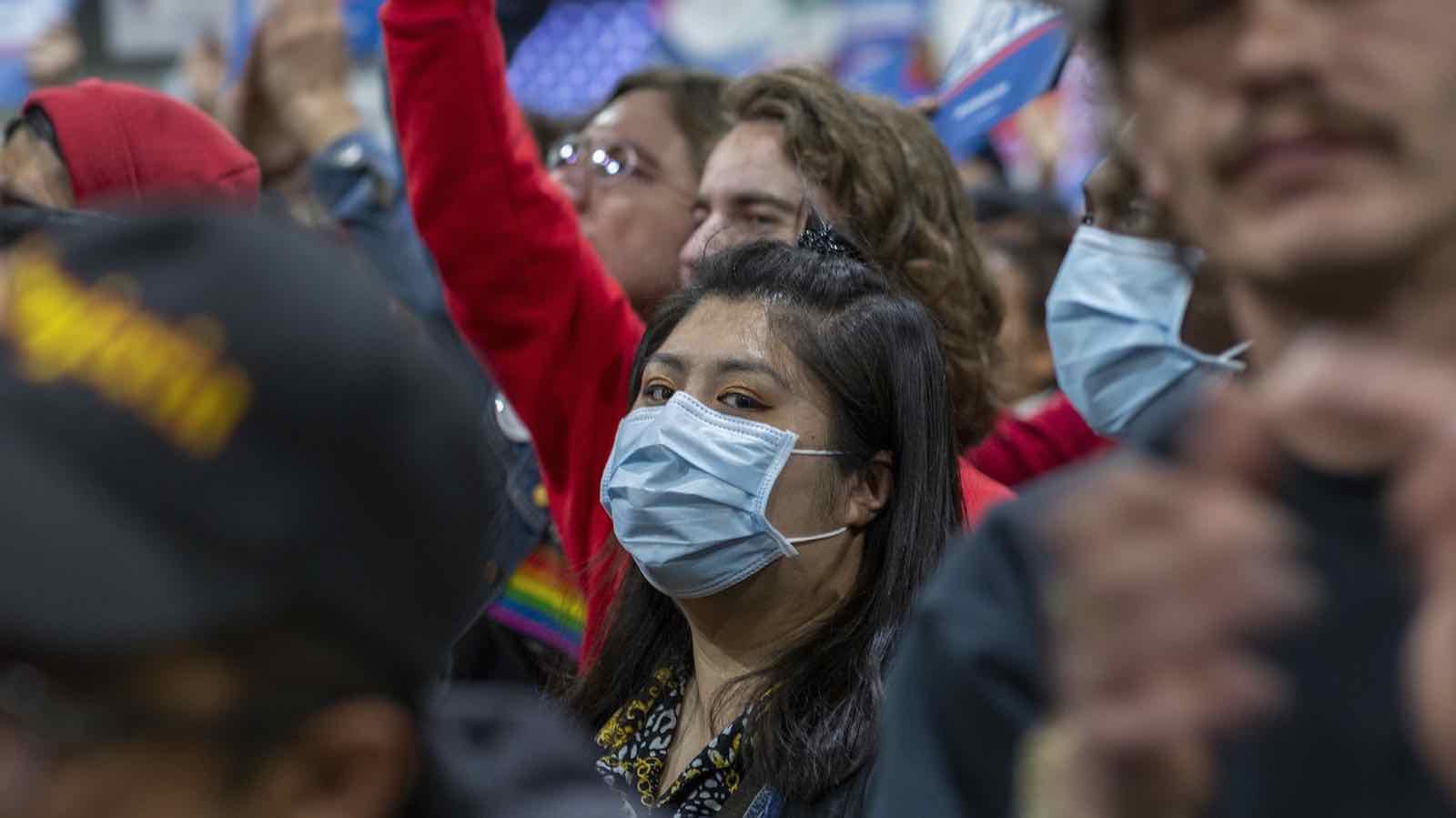
Here’s how to avoid the 2020 recession
As the stock market plunges amidst coronavirus concerns it’s becoming apparent that the pandemic is hurting more than just our healthcare system. Coronavirus is steadily escorting in the next issue: recession 2020.
Travel stoppages, schools closing, and festivals, conferences and meetings all being ground to a halt are all the beginning of the looming financial impact of the coronavirus. Recession 2020 is about to be trending, and we are here to do everything we can to get ahead of the economic downturn. Here’s how to mitigate some of the damage both personally and globally.

All collapsing at once
As of this writing, there have been 5,397 reported deaths from coronavirus worldwide. While losing anywhere from 3-5% of the global population is terrifying in itself, we’re also facing an economic crisis that will linger well past the coronavirus symptoms.
With all of the threads unraveling at once, the migrant crisis, oil wars, and the 40% of Americans who aren’t financially able to handle an unexpected $400 expense about to be forced into quarantine, those threads are unraveling.
Small businesses are going to be the most susceptible to recession in 2020. As China, the world’s largest exporter, closes factories, the supply chains dry up, without the products or materials that are needed to even attempt to stay afloat. We’re here to let you know how you can help.

Support your local businesses
Small businesses are the lifeblood of our economy. These are the places that create and cultivate your community, and thoughtfully spending your hard-earned cash at places that are owned and operated by your neighbors has a lasting effect on the economy.
London’s New Economics Foundation, an independent economic think tank, compared what happens when people buy produce at a supermarket vs. a local farmer’s market or community-supported agriculture (CSA) program.
The results? Twice the money stayed in the community when people bought locally. “That means those purchases are twice as efficient in terms of keeping the local economy alive,” says author and NEF researcher David Boyle.

Boyle continues to explain that when money is spent elsewhere—at big supermarkets, non-locally owned utilities and other services such as on-line retailers—”it flows out, like a wound.”
A strong local economy creates local and regional resilience. As global supplies dwindle, foreign-made goods are going to increase in price anyway, so you may as well shift your spending to your local businesses, especially local creatives.

Let’s turn the recession 2020 into a renaissance
At Film Daily, we’re flipping the narrative from recession to renaissance. We’re going to support the economy in a very specific way, by kickstarting and streaming at Seed and Spark.
How amazing would it be if we dropped a little cash towards one of the many independent filmmakers looking to get their stories told? We can spend hours perusing all of the awesome new films and series that can be told if they could just build up the capital.

Even more exciting, Seed and Spark offers a “Pay–What–You–Can” streaming subscription. Yes, you can pay whatever your budget allows to watch via Seed and Spark’s app on Roku or right on your laptop.
The best way to mitigate the effects of the recession in 2020 is just to support your community, whether that means the bodega down the street or your indie film community. By coming together and mindfully supporting businesses and projects that are meaningful, we can keep each other from sinking.







